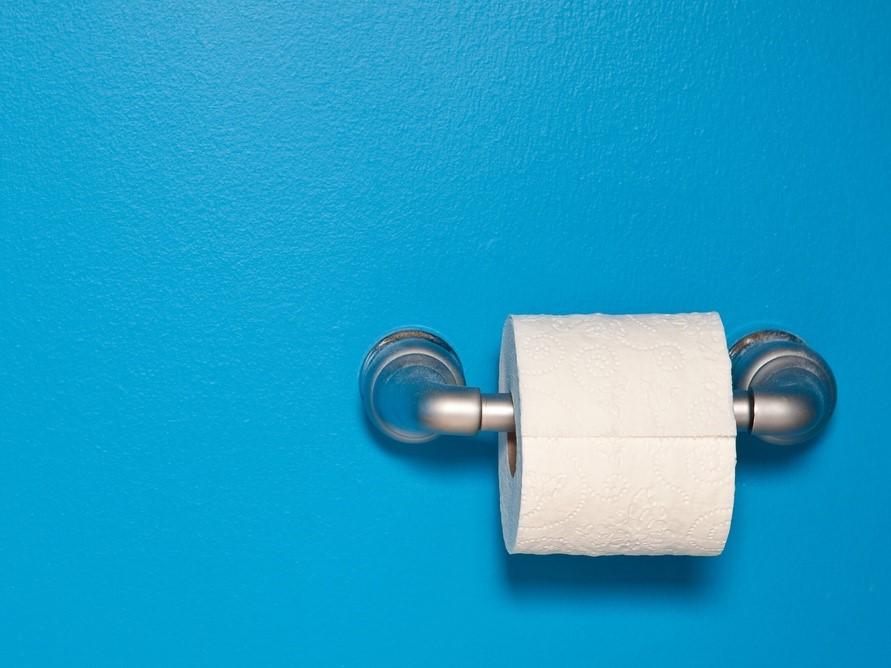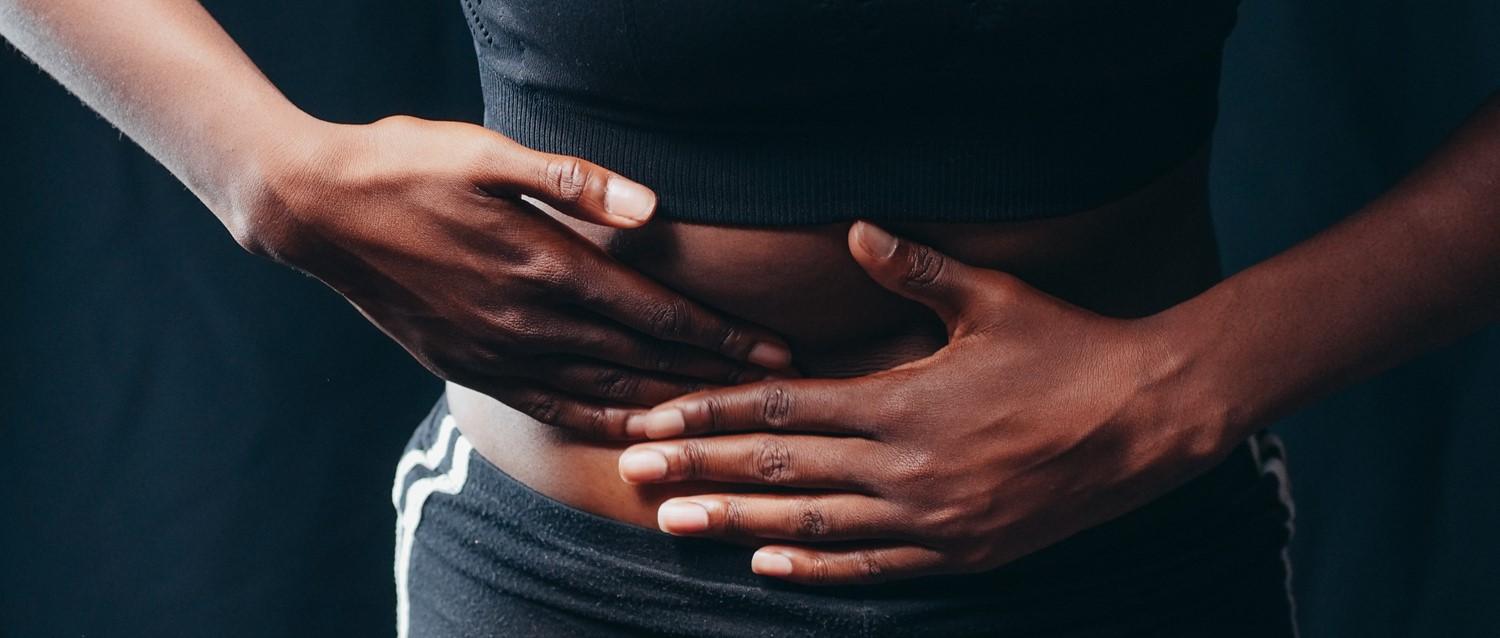
Poo - what's normal?
Peer reviewed by Dr Krishna Vakharia, MRCGPLast updated by Victoria RawLast updated 7 Aug 2024
Meets Patient’s editorial guidelines
- DownloadDownload
- Share
- Language
- Discussion
Pooing is an essential bodily function. There's a huge range in how often we poo and how hard or soft our poos are. So how often - or how infrequently - is usual and when do you need to speak to a doctor?
In this article:
Your poo is affected by a huge range of factors. Some of these you can't influence. Even if we eat an identical diet, some people would open their bowels more often than others. And no matter how much you want to, you can't influence ageing - constipation becomes more common with age.
Some of this is down to being less active or having a higher chance of taking medication that slows your needing to have a poo down. But with age, your gut may move digested food along less efficiently.
Continue reading below
How many poos a day is normal?
Most people have a fairly regular pattern of going to the toilet. Most of us go between 3 times a day and 3 times a week. Many people tend to go at about the same time every day.
Some medical conditions - such as inflammatory bowel disease (Crohn's disease and ulcerative colitis) or diverticular disease - can lead to frequent, loose poos. But if you don't have an underlying medical condition that affects many of the factors that determine how often you open your bowels relate to your diet and lifestyle.
Physical activity helps stimulate co-ordinated movements of the rings of muscle around your bowels that propel food through your digestive system (peristalsis). So being physically active doesn't just strengthen your heart and lungs - it can help keep you regular too.
What can affect the consistency of poo?
Back to contentsMany medicines can cause looser poos or constipation as a side effect - common examples include:
Codeine-based painkillers, sometimes called opioids - this includes combination painkillers such as co-codamol and co-dydramol, as well as very strong painkillers such as morphine.
Some antidepressants. Tricyclic antidepressants such as amitriptyline are more likely than other types to cause constipation - these are often prescribed not just for depression but for nerve pain, such as trigeminal neuralgia or postherpetic (post-shingles) nerve pain.
Some medicines used for overactive bladder.
Parkinson's disease treatments.
If you're taking medication and you feel it might be linked to constipation, your pharmacist will be able to help you.
Your poo is made up of a combination of food that hasn't been absorbed into your system, waste products, and bacteria that live naturally in your gut and water. Changes to your diet and lifestyle can alter all of these.
Fibre in your diet - wholemeal and whole grain foods, vegetables, fruits, pulses, beans and lentils are all good sources. These help bulk out your poos, allowing you to go more regularly and with less straining.
If you're dehydrated, more water from your gut will be reabsorbed into your system. This makes poos smaller, harder and more difficult to pass.
Continue reading below
How to get rid of constipation
Back to contentsConstipation is a common reason for people to see their doctor. It's often a long-term problem, which can be helped by making changes to your level of physical activity, as mentioned above. But if you're unwell for another reason, you may have a fever - which makes you lose more fluid - be less active, go off your food and take medicine such as strong painkillers, which can all lead to constipation.
Bowel movements and IBS
Back to contentsIrritable bowel syndrome (IBS) can cause bloating and tummy pain as well as constipation, diarrhoea or a combination of the two. It's a functional bowel problem. This means there's no abnormality in the structure of any individual bit of your gut, but the various parts don't work smoothly together.
Lifestyle changes and medication can help. You may be referred to a dietitian to help find foods that don't cause symptoms, but still allow you to get all the nutrients you need. Never assume your symptoms are down to IBS if you've never had them before. Speak to your doctor, who may arrange investigations to exclude other causes.
Continue reading below
Causes of diarrhoea
Back to contentsTummy bugs and food poisoning are the most common causes of diarrhoea. Other symptoms which often go hand in hand with the diarrhoea include feeling - or being - sick, tummy cramps and sometimes fever. Most of these settle within a few days without complication.
However, changes in your poos or going to the toilet that do not settle, or that are accompanied by any 'red flag' symptoms, should always be checked out by your doctor. That's because it could be a warning sign of cancer of the bowel.
Symptoms to look out for include:
Losing weight without meaning to.
Being off your food.
Severe or persistent tummy pain.
Problems swallowing, or severe pain on swallowing.
Persistent vomiting.
Feeling very tired or looking pale.
Also, you'll usually need to be referred straight for medical assessment at the hospital if you experience:
Vomiting blood or black 'coffee grounds'.
Passing blood in your poo or black, tarry poos.
Bowel screening
Back to contentsAcross the UK, the NHS will send you a home bowel screening test kit - faecal immunochemical test (FIT). You collect a small sample of poo, send it to a lab and they will check it for any blood which can be a sign of polyps or bowel cancer.
You will receive your FIT kit at different ages depending on where you are in the country:
England - 54 to 74-year-olds. This is now being expanded to include people aged 50-53.
Northern Ireland - 60 to 74 year olds.
Scotland - 50 to 74 years.
Wales - 51 to 74 years. This is being expanded to include 50 year olds in the future.
With thanks to 'My Weekly' magazine where this article was originally published.
Patient picks for General digestive health

Digestive health
What is small intestinal bacterial overgrowth (SIBO)?
SIBO (small intestinal bacterial overgrowth) is a common gut condition that's often confused with irritable bowel syndrome (IBS). What are the symptoms of SIBO and how is it treated?
by Amberley Davis

Digestive health
Sneaky ways to eat more fibre
It’s no secret that eating fibre keeps you regular. But did you know that it really is the original 'superfood'? Amazingly, Hippocrates - the 'father of medicine' - first recommended eating whole wheat as a way of keeping the bowels healthy almost 2,500 years ago. But the benefits of fibre extend way beyond your bowels.
by Dr Sarah Jarvis MBE, FRCGP
Continue reading below
Article history
The information on this page is peer reviewed by qualified clinicians.
Next review due: 8 Aug 2027
7 Aug 2024 | Latest version
26 Sept 2022 | Originally published
Authored by:
Dr Sarah Jarvis MBE, FRCGP

Ask, share, connect.
Browse discussions, ask questions, and share experiences across hundreds of health topics.

Feeling unwell?
Assess your symptoms online for free
Sign up to the Patient newsletter
Your weekly dose of clear, trustworthy health advice - written to help you feel informed, confident and in control.
By subscribing you accept our Privacy Policy. You can unsubscribe at any time. We never sell your data.